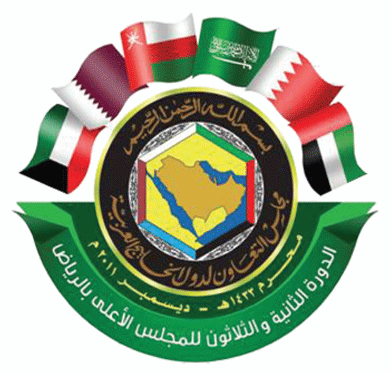Reuters/Khobar, Saudi Arabia
Gulf Co-operation Council countries (GCC) are planning a joint water supply system that takes seawater from outside the Gulf and distributes drinkable water across member states, an official at the GCC Secretariat General said.
Scarce fresh water supply is the biggest challenge for Gulf Arab desert countries, forcing them to build energy-intensive seawater desalination plants to meet rising demand.
Saudi Arabia is building the world’s largest desalination plant in Ras al-Khair on the Gulf coast, but the GCC is increasingly concerned that the waters of the Gulf may become undrinkable if there are any leaks from energy installations into the water lying between the Arabian Peninsula and Iran.
“The water link is to build a line from the Arabian Sea or Gulf of Oman to Kuwait passing through the GCC countries,” GCC assistant economic secretary Abdullah J al-Shibli said.
“With the Iranian nuclear plant in Bushehr, if something goes wrong the water in the Gulf will be polluted.”
Arab Gulf countries sought reassurances from Iran at a UN nuclear agency meeting last month over the safety of Bushehr, built on the earthquake-prone coast of Iran.
The Gulf is also home to dozens of offshore oil rigs and loading facilities which could pose a threat to drinkable water supplies in the event of a large leak like the Deepwater Horizon oil spill in the Gulf of Mexico in 2010.
“This is a vital and strategic project to provide water under all circumstances... for the water security, the idea is to build desalination plants in all the countries, to produce the water,” Shibli said.
The project, which Shibli said may cost around $7bn, will include storage facilities to stock up on potable water.

